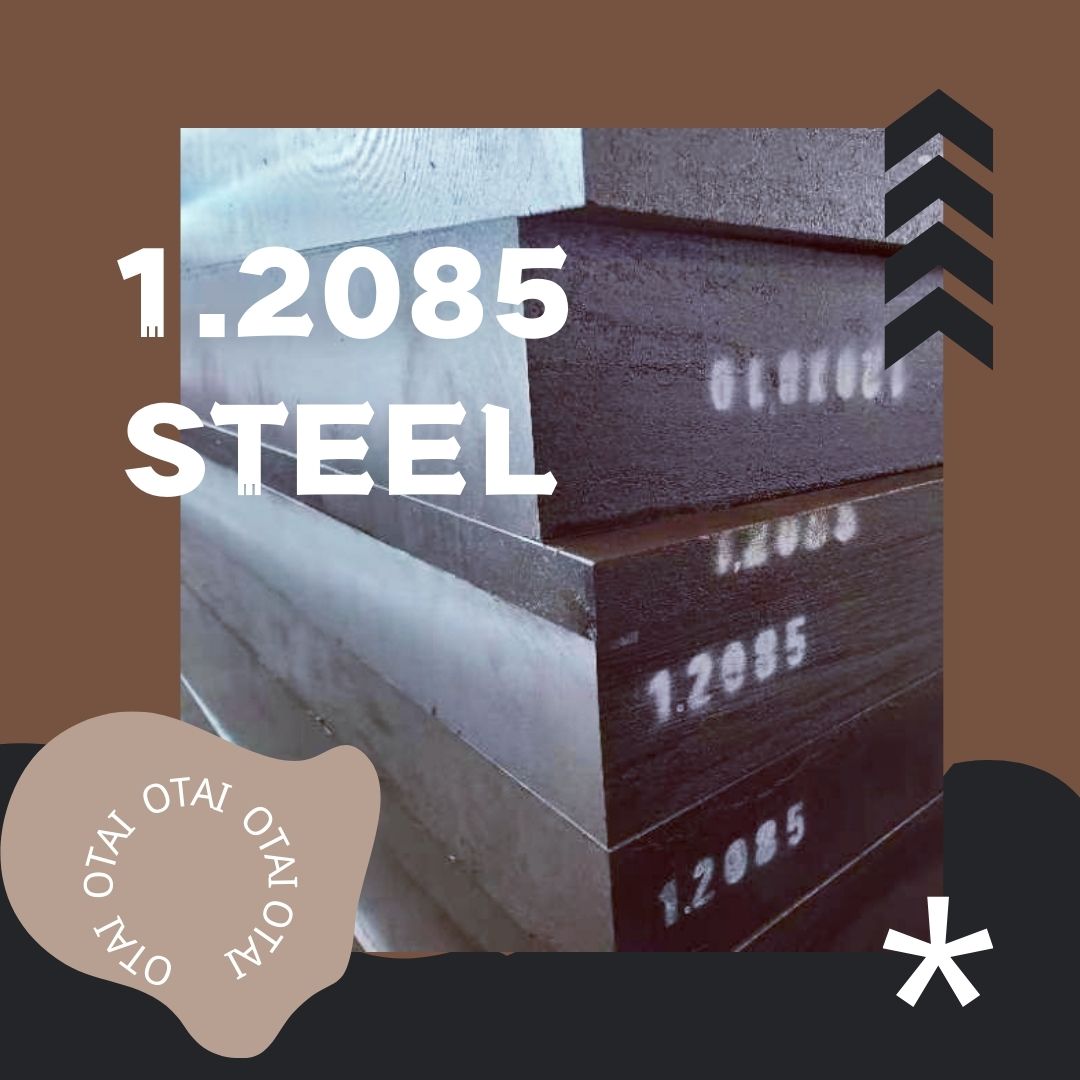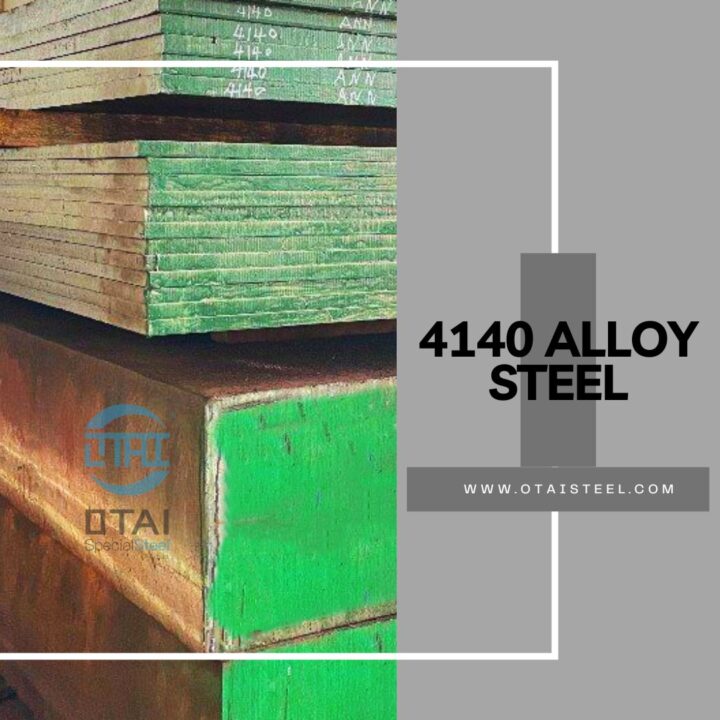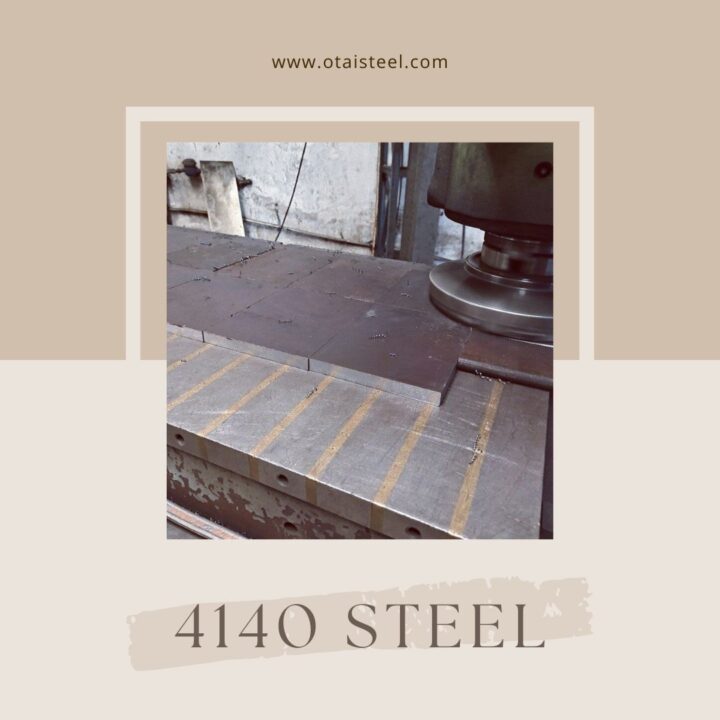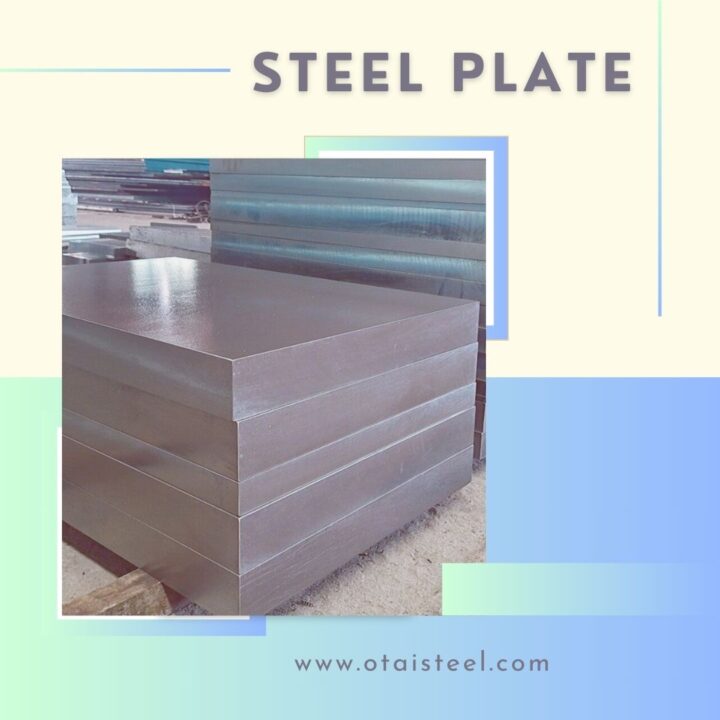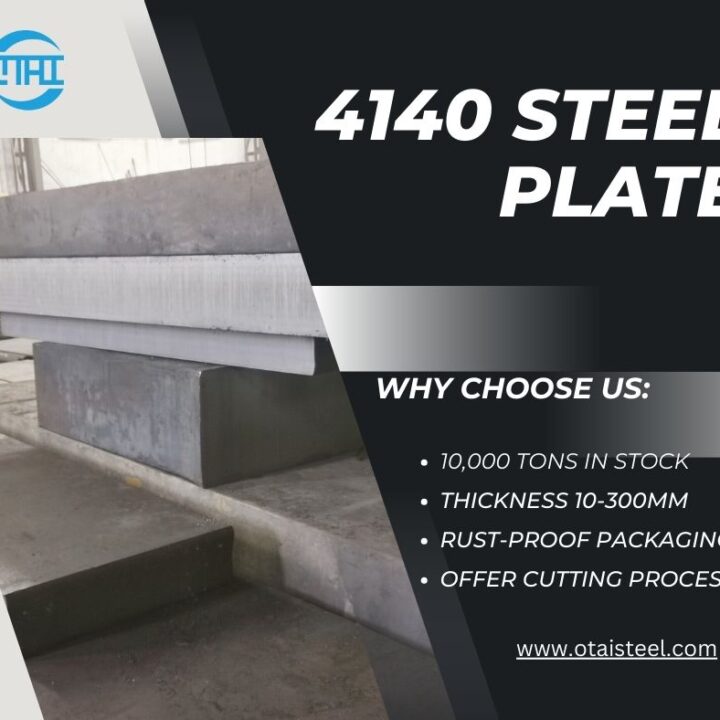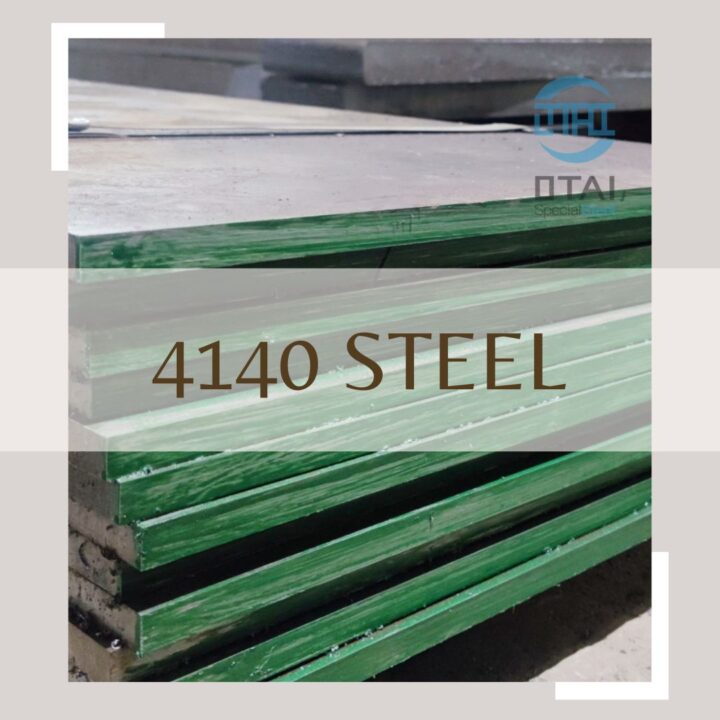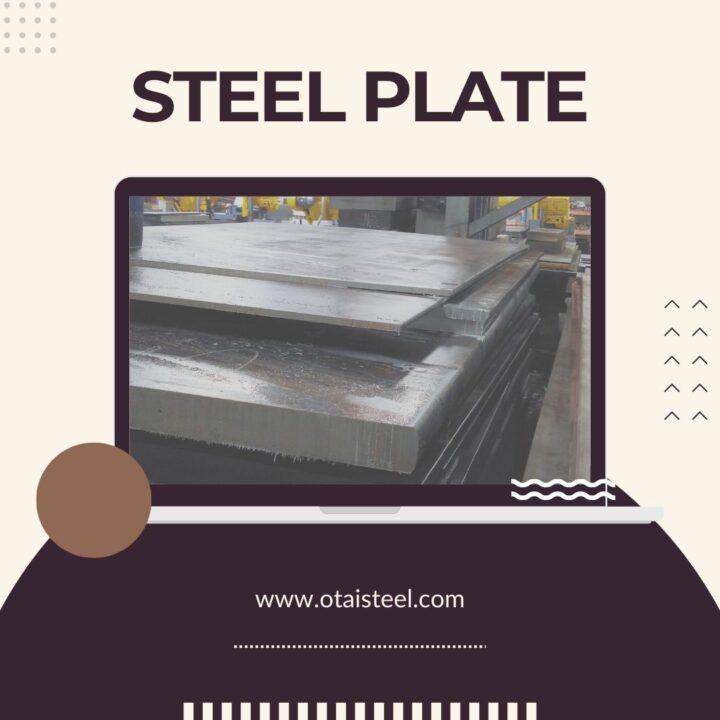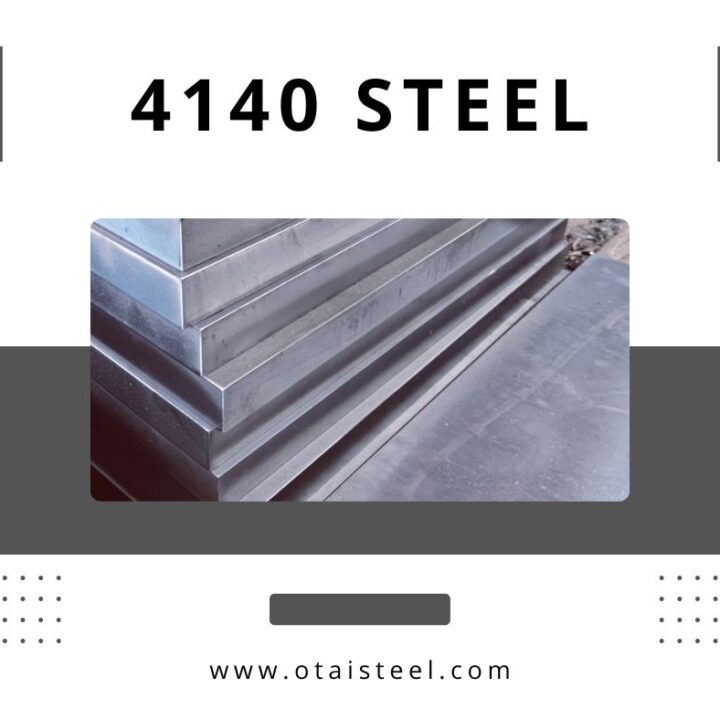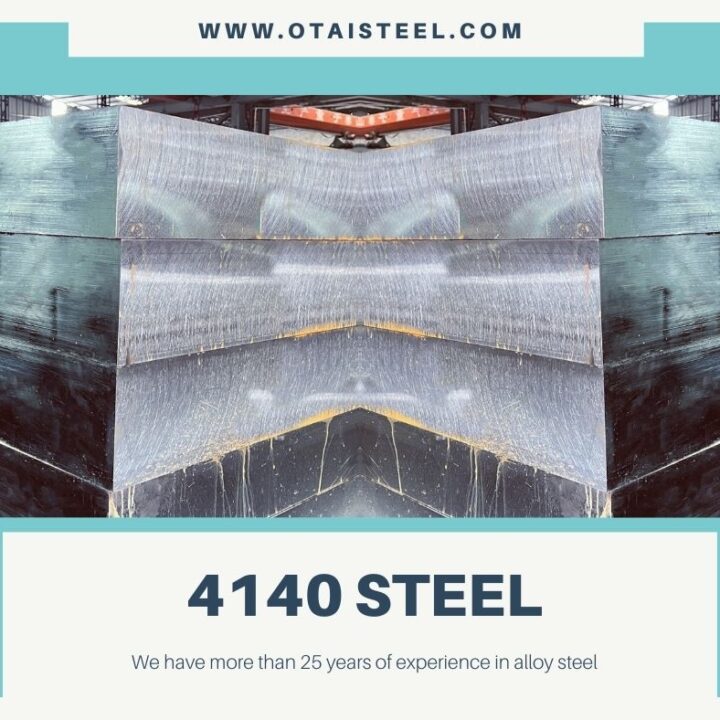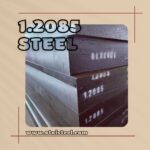1.2085 material is a remarkable stainless steel alloy known for its exceptional properties and versatile applications across various industries.
Introduction
1.2085 material, also referred to as X33CrS16, belongs to the martensitic stainless steel family. Its unique blend of elements imparts a range of outstanding properties, making it a valuable asset in multiple industrial sectors. Let’s explore these properties in detail.
Composition of 1.2085 Material
Understanding the composition of 1.2085 material is the first step in unraveling its properties. It primarily consists of:
- Carbon (C): Approximately 0.33%
- Chromium (Cr): Around 16%
- Sulfur (S): Approximately 0.015%
- Silicon (Si): About 0.4%
This precise combination of elements contributes to the material’s exceptional performance in various environments.
1.2085 Material Properties
- Corrosion Resistance
One of the most notable properties of 1.2085 material is its exceptional corrosion resistance. The high chromium content in the alloy forms a protective oxide layer on the surface, preventing rust and corrosion. This property makes it ideal for applications in corrosive environments, such as the chemical industry.
- High Hardness
1.2085 material exhibits remarkable hardness, thanks to its martensitic structure. This property allows it to maintain its edge and shape, making it suitable for cutting tools, knives, and blades. The high hardness also contributes to its wear resistance, prolonging the material’s lifespan.
- Wear Resistance
In applications where wear and abrasion are significant concerns, 1.2085 material shines. Its inherent wear resistance reduces the need for frequent maintenance and replacements, ensuring long-term durability. This property is particularly valuable in injection molding, where molds undergo significant wear during production.
- Dimensional Stability
Even when subjected to extreme temperatures, 1.2085 material exhibits minimal dimensional changes. This property ensures consistent performance and accuracy in various applications, from precision instruments to automotive components.
Applications of 1.2085 Material
Now that we have explored its properties, let’s delve into the diverse applications where 1.2085 material excels:
- Injection Molding: The material’s wear resistance and dimensional stability make it a top choice for manufacturing injection molds. It ensures precision and longevity in molding processes.
- Cutting Tools: 1.2085 material is widely used in the production of cutting tools such as blades, knives, and shears. Its high hardness and wear resistance maintain sharp edges for efficient cutting.
- Medical Instruments: In the medical field, 1.2085 material is employed to create surgical instruments due to its corrosion resistance and ease of sterilization.
- Automotive Industry: It contributes to the durability of automotive components, particularly in parts that require high strength and resistance to wear.
Advantages of 1.2085 Material
1.2085 material offers numerous advantages, making it a preferred choice in various applications:
- Longevity: Its corrosion resistance and wear resistance translate to extended service life, reducing maintenance costs.
- Versatility: The material’s properties make it suitable for a wide range of industries and applications, providing flexibility in design and manufacturing.
- Cost-Effective: Its durability and minimal need for replacement parts make it a cost-effective choice in the long run.
- Consistency: The dimensional stability of 1.2085 material ensures that it maintains its shape and performance over time, leading to consistent results.
Frequently Asked Questions (FAQs)
Q1: Is 1.2085 material suitable for outdoor applications?
Yes, 1.2085 material can be used in outdoor applications, but proper maintenance is essential to prevent corrosion.
Q2: What is the maximum temperature that 1.2085 material can withstand?
1.2085 material can withstand temperatures of up to 300°C (572°F) without significant loss of properties.
Q3: Can 1.2085 material be used for food processing equipment?
Yes, it is suitable for food processing equipment due to its corrosion resistance and ease of cleaning.
Q4: Can 1.2085 material be welded?
Yes, it can be welded, but welding should be carried out carefully, and post-weld heat treatment may be necessary to maintain its properties.
Q5: Are there alternative materials to 1.2085 material for specific applications?
Depending on the specific requirements of your application, there may be alternative materials to consider, such as other stainless steels or tool steels.
